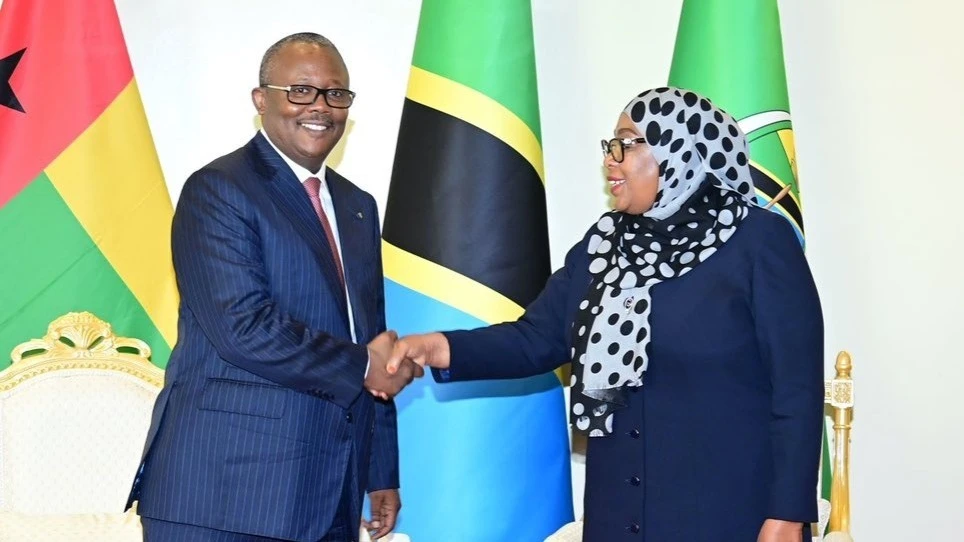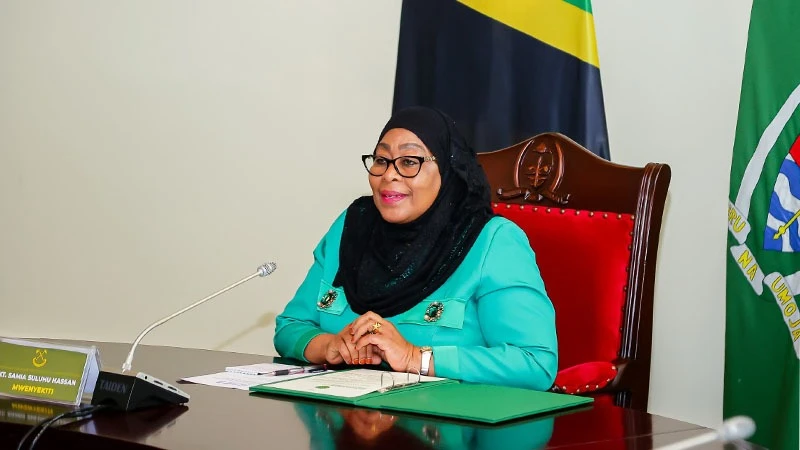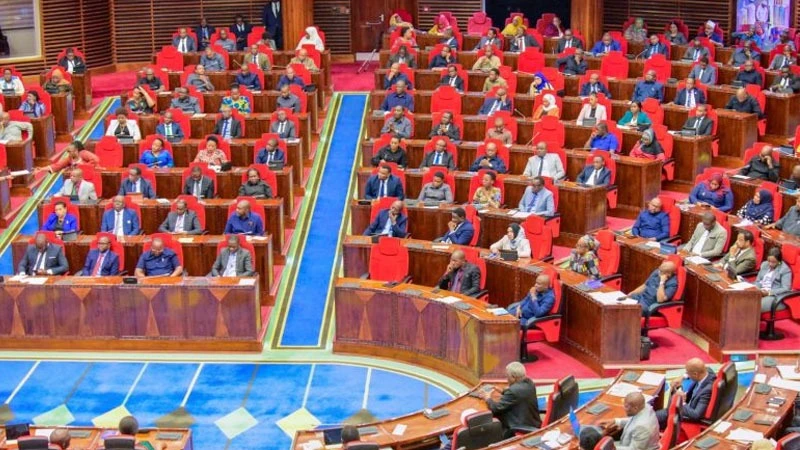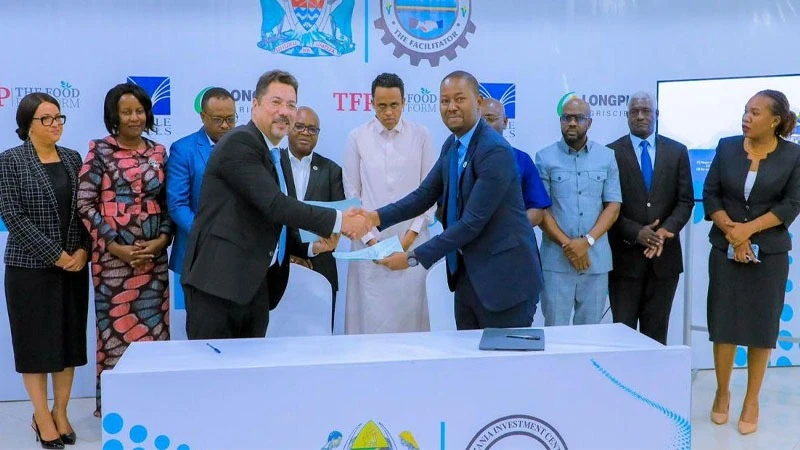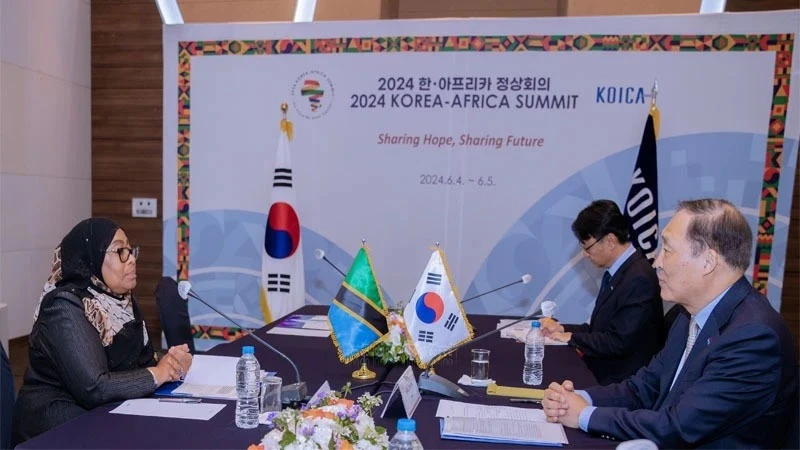Tour operators show the way in taking up school meals as CSR

ENSURING that pupils attend school by making it possible for them to get meals by early afternoon greatly reduces hunger-induced truancy and lack of attention in class.
A Special Seats legislator was recently on record in the legislature as having hailed tour operators for routinely providing free meals to 850 pupils at a school in Meatu District, Simiyu Region.
The legislator said that, for the past year, a tour firm working with financing from a conservation fund had supplied monthly stipends to facilitate the buying of food for pupils, appreciably reducing the incidence of truancy.
While the praise went to the tour firm and its NGO associates, there is something that can be learned from that example, at least to help reorient regulations as to where cash provided as corporate social responsibility ought to be directed.
The explanation is that all-weather roads are demands that push the government and even the local authorities to work overtime to see ensure that it is done.
Trying to push schools to allocate funds for the purpose can hardly do, while compelling parents to contribute for meals might be more usable as a proposition but, in the event of failure, it is children who will suffer.
That is what would undeniably be changed by placing CSR to this issue, in the sense that it is a vital need that lacks effective representation in resource plans.
The MP recommended that the particular firm’s efforts be commended as a major contribution to the children’s development for having provided free lunch with an 11.5m/- donation monthly for procurement of food. It has also built a 37.4m/- school kitchen and supplied rainwater harvesting technology worth 30.8m/-
This was not just an example to be emulated but also validated recommendations that some regulations be so altered as to make providing school meals the core use of CSR funds.
This could be described as positive guidance as to how best to use CSR funds in that, if they are left alone, some authorities would be nowhere near discovering that this is what ought to be done.
It would not amount to default by local authorities alone but of representative attitudes or representation of group demands, a method once used to predetermine the use of Highly Indebted Poor Countries (HIPC) governments.
That was at a time when the global sovereign debt was being cut considerably – or altogether cancelled. The World Bank resolved that the funds be used for schools, health and rural roads, not ‘casually’ added to budget sums to be used as some governments wished.
Top Headlines
© 2024 IPPMEDIA.COM. ALL RIGHTS RESERVED







